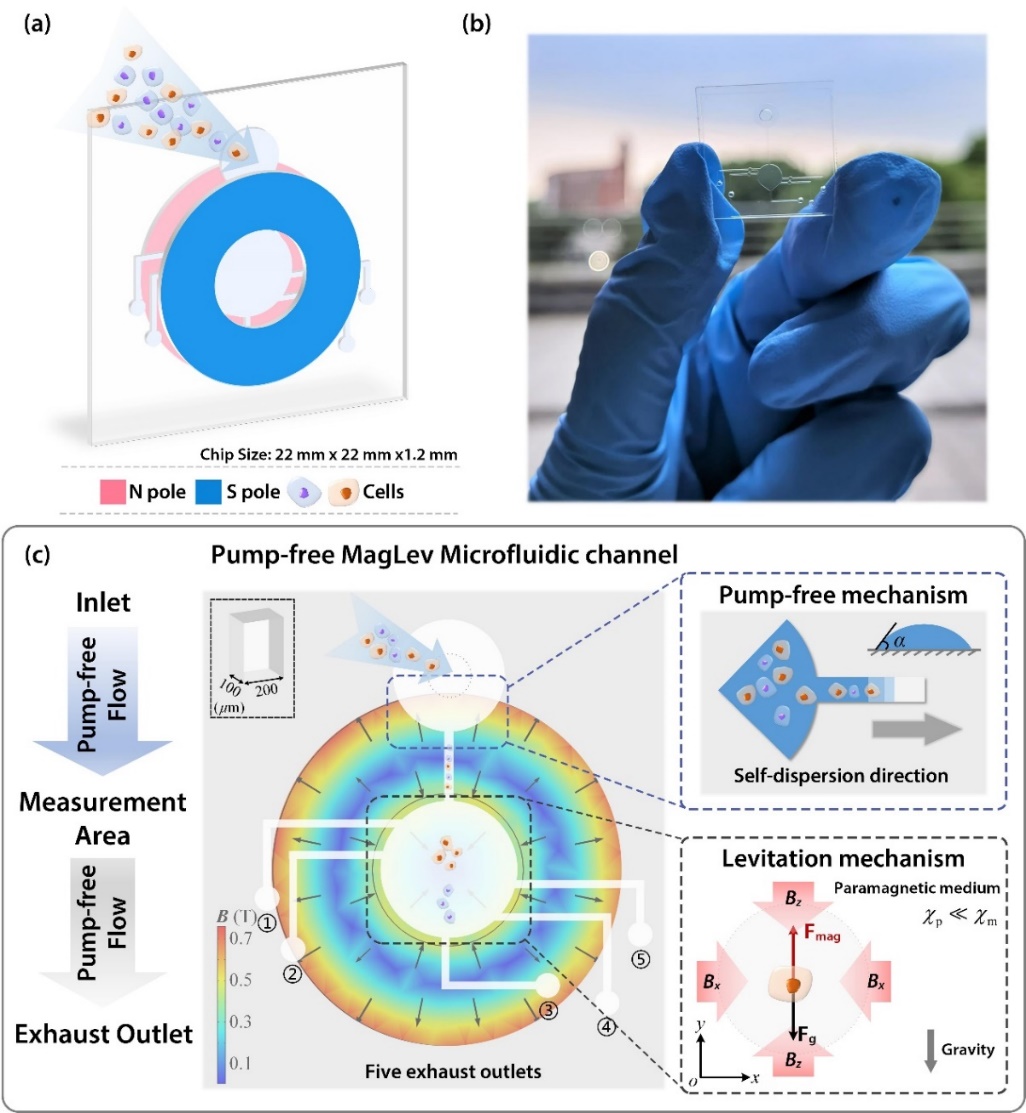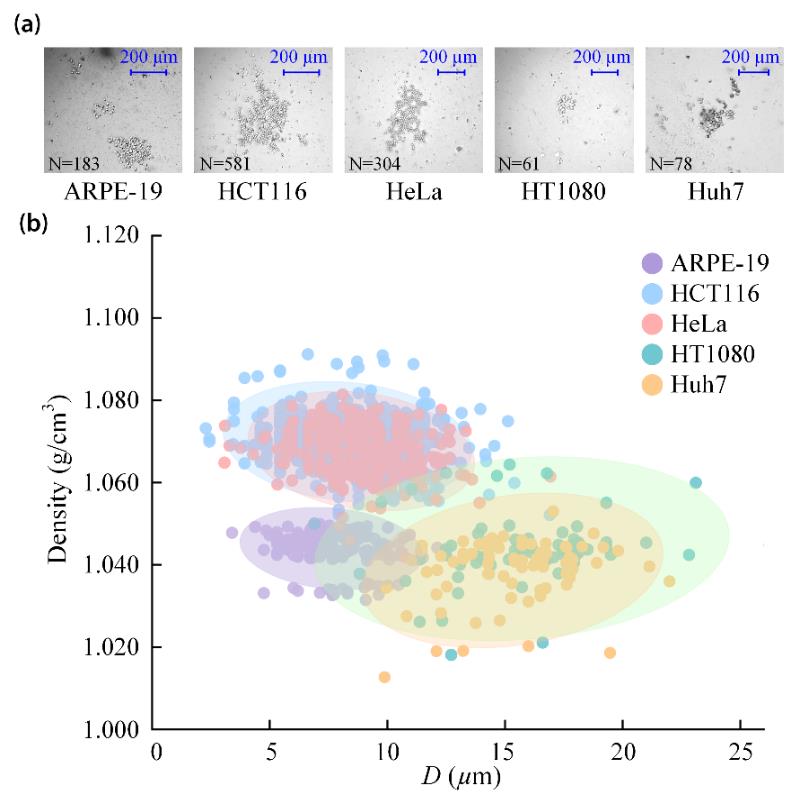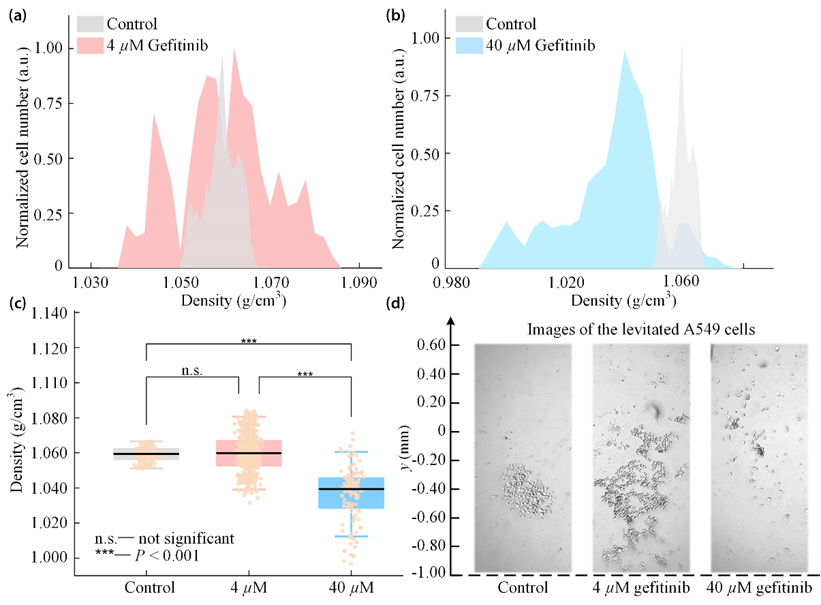Prof. Wen-Ming Zhang’s group proposed a microfluidic magnetic levitation approach
2022/6/29 16:00:04
Recently, Prof. Wen-Ming Zhang’s group published one paper entitled “Pump-free microfluidic magnetic levitation approach for density-based cell characterization” in Biosensors and Bioelectronics. A pump-free microfluidic magnetic levitation approach for density-based cell characterization is proposed, enabling sensitive and effective cellular density measurement on small sample volumes. The first author of this work is Dr. Qiu-Hua Gao (Postdoc in School of Mechanical Engineering). Prof. Wen-Ming Zhang and Prof. Yani Kang (School of Biomedical Engineering in SJTU) are co-corresponding authors of this work.


Characterization of the pump-free mechanism
As the basic building block of all organisms, cells that are made of diverse organic molecules have specific functions along with unique fundamental physical properties, such as mass density. Magnetic levitation (MagLev), a way to map the density of biomaterials to its levitation position within a gradient magnetic field, provides an emerging and promising biophysical tool for biochemical reactions and cellular events. In this work, the first use of pump-free microfluidic MagLev approach for density-based cell characterization is exploited. With no external pumps, connectors or control facility, much smaller amounts of fluids (~4 μL) could be driven automatically in the entire microchannel in 16 s. Based on the pump-free mechanism, unique density signatures of cells from different lineages (ARPE-19, HCT116, HeLa, HT1080, Huh7) are characterized by monitoring the levitation profiles. Furthermore, variation in density of A549 lung cancer cells subjected to a drug treatment are observed in our platform, allowing evaluation of the efficacy of the drug treatment at the individual cell level.

Density-based characterization of cells from different lineages





